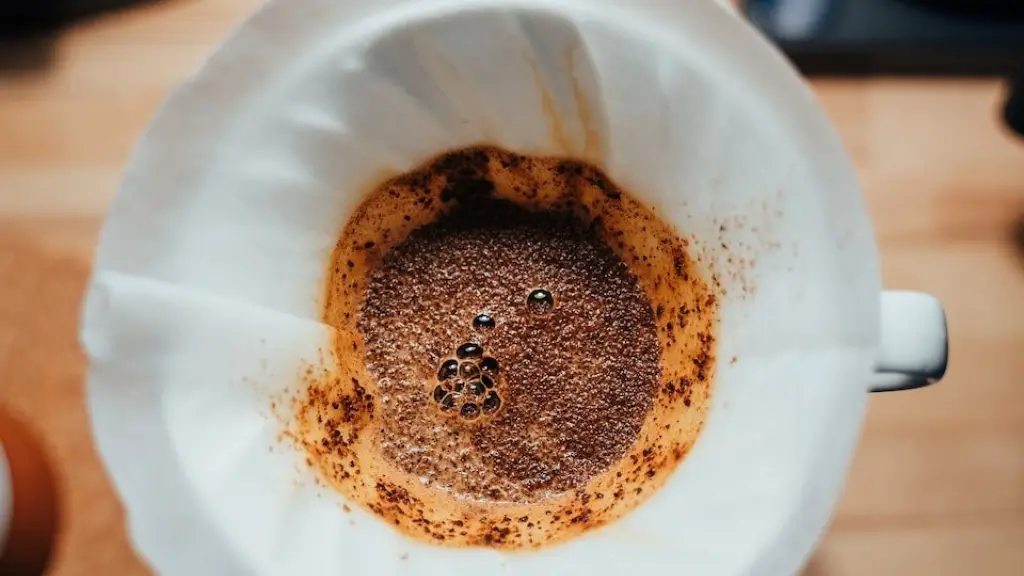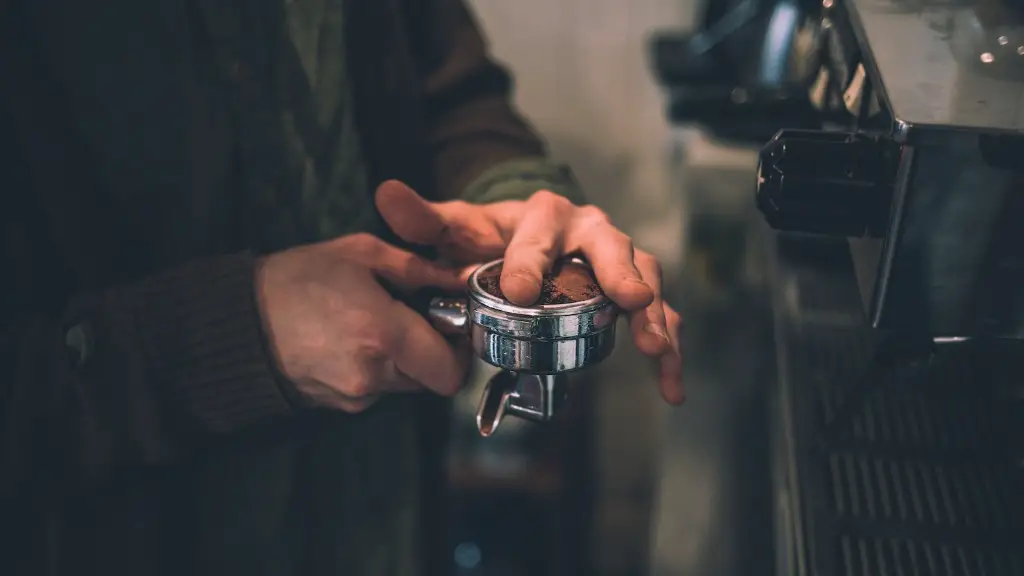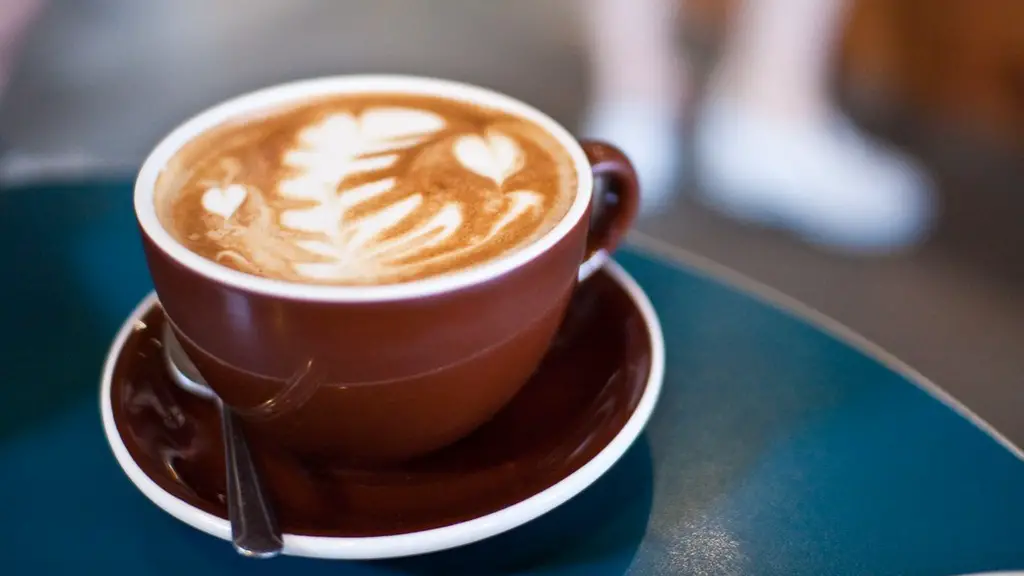Most Americans recognize the smell of coffee in the morning. That’s because the majority have a morning ritual that involves brewing a cup of coffee. According to the National Coffee Association’s 2020 National Coffee Drinking Trends Study, 65% of Americans over the age of 18 drink coffee daily.
More specifically, the same study states that 64% of coffee drinkers consume it in the morning. That includes 38% who drink it within the first hour of waking up and 66% of drinkers who said they need to have a cup before starting the day.
These numbers are impressive, considering that caffeine is a drug, and Americans are addicted to it. In fact, the average American drinks about 3 cups of coffee a day, according to a survey done by Statista in 2020. These figures also showed that 78% of people over the age of 18 drank coffee at last once a week.
It is also interesting to know that the most popular way to drink coffee in the morning is either black or with cream and sugar. While some people prefer to add milk and honey to their morning cup, there is no sweeping consensus as to which is the best way to drink coffee in the morning.
Apart from the pleasure of drinking coffee, people resort to drinking coffee in the morning as a way of waking up and get an energy boost to face their day. The stimulating effects that coffee has on us cannot be ignored, as the caffeine found in it acts as a stimulant in our brains. Some even consider it an anti-aging elixir, as it helps reduce inflammation that can contribute to aging.
However, there are still some who are skeptic of its health benefits. According to experts, drinking too much coffee can have a negative impact on our health, such as increased blood pressure and heart rate, insomnia, and anxiety. Therefore, it is advisable to drink it in moderation and take into account other factors when thinking about the amount of coffee we should drink in a day.
What about Decaf?
Decaffeinated coffee is a great alternative for those who want to reduce the amount of caffeine in their bodies, or are looking for a less stimulating drink. However, it is also important to consider that not every cup of decaf is completely free from caffeine. In fact, most brands of decaf contain anywhere from 2 – 5 mg of caffeine per cup. Therefore, if you want to be sure that you are drinking a totally caffeine-free cup of coffee, then it is important to seek out brands that offer 100% decaffeinated products.
Decaffeinated coffee can also be beneficial in other ways. For example, due to the lack of caffeine, it can be drinker later in the day and still have the same pleasurable and energizing taste that one may expect from a regular cup of coffee. Additionally, decaf coffee is also a great way to get the same benefits of coffee that one would gain from drinking regular coffee, while limiting their caffeine intake. This can have a positive impact in terms of energy, concentration, and productivity.
Factors that Impact the Consumption of Coffee in the Morning
There are several factors that can influence how much coffee the average person drinks each morning. Some of these include the quality of the coffee, the availability of the coffee, and the personal preference of the individual. Quality coffee is typically made with beans that are freshly ground, freshly brewed, and of high quality. Availability of coffee also plays a role, as if coffee is not easily available, then people may not go out of their way to buy it or make it. Lastly, personal preference will play a large role in how much coffee the individual drinks in the morning. Some people prefer to have a large mug-full of freshly brewed coffee first thing in the morning, while others prefer a small cup, half-caff, or a combination.
How Much Coffee Should the Average Person Drink in the Morning?
Experts recommend that individuals should not exceed 400 milligrams of caffeine per day. To put this into perspective, most 12-ounce cups of coffee have between 95 to 200 milligrams of caffeine. Most people can easily stay within this range by limiting the number of cups of coffee they consume in the morning, or avoiding other sources of caffeine such as energy drinks, tea, and other caffeinated beverages. It is also important to consider individual sensitivity to caffeine, as some people are more sensitive than others and will not be able to tolerate as much without experiencing negative side effects.
Potential Health Dangers of Too Much Coffee Consumption
As mentioned before, health experts recommend that individual not exceed 400 milligrams of caffeine per day, as too much coffee can result in anxiety and other health conditions such as high blood pressure and insomnia. Therefore, individuals who consume more than this should consider reducing their consumption. Also, it is important to remember that coffee is diuretic, meaning that it will increase the amount of trips to the bathroom, and can also cause dehydration. Lastly, consuming too much coffee can result in the “coffee jitters”, which is an uneasy sensation experienced by individuals after drinking too much coffee.
How Coffee Impacts Sleep
It’s believed that caffeine has the potential to disrupt one’s sleep if consumed too close to bedtime. Thus, it is best to avoid or limit the amount of coffee you drink after the afternoon. In addition, those with sleeping disorders should avoid drinking coffee in the morning to remain alert during the day, as this could worsen their sleeping pattern. Lastly, caffeine can result in a temporary boost in alertness, however, if used too late -usually at night- it can leave one feeling exhausted the day after.
The Rise of Coffee Alternatives
Many are now turning to alternative sources of caffeine to help them get through the day. Tea—especially green tea—is becoming one of the most popular alternatives. This is due to the fact that it has significantly less caffeine compared to your average cup of coffee, so there is less of a risk of feeling jittery. Additionally, tea contains a host of antioxidants and other nutrients that have beneficial effects on the body.
Herbal teas and other herbal beverages are also popular substitutes for those looking for a lower-caffeine option. Some of these herbal options such as chamomile and peppermint are known to be calming, which can be helpful for those who want to be relaxed and energized without the rush of caffeine.
The Perspectives of Experts
Health experts are divided on the issue of how much coffee Americans should drink in the morning. While some believe that consuming more than 400 milligrams of caffeine a day can be dangerous, others believe that moderate consumption is harmless. As such, the best way to ensure that one is not over-consuming coffee in the morning is to be mindful of the amount of caffeine one is consuming, whether it is in the form of coffee, tea, or energy drinks.
For example, registered dietician Katie Cavuto encourages her patients to “be mindful about the amount of caffeine you consume”, and for that to include “considering the beverage type and the total amount of caffeine being taken in”. According to her, moderation is key, and “consuming less than 400 mg of caffeine daily may not only help avoid caffeine overload and potential issues, but also help one find the perfect balance for their own body”.
Final Thoughts
In conclusion, it is evident that coffee is an integrated part of the morning routine for most Americans. The majority of coffee drinkers enjoy it in the morning, although individuals need to be aware that too much coffee can have a negative impact on their health. Additionally, experts recommend that individuals get acquainted with the amount of caffeine they consume in a day, as this can help them remain mindful of their consumption and find the balance that best suits their bodies. Lastly, there are many alternatives such as tea and herbal beverages that are becoming popular options for those who are looking for a lower-caffeine beverage.




